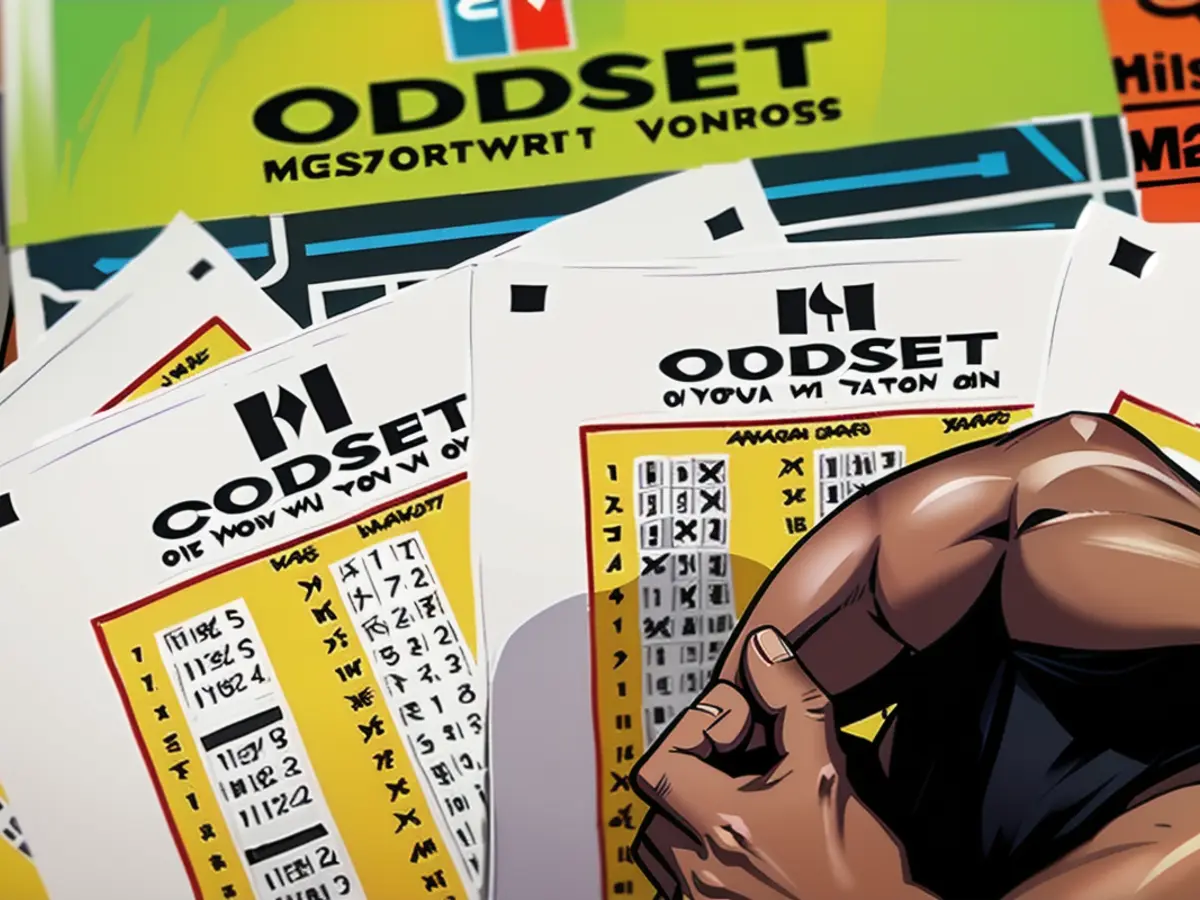Upcoming adjustments to the Interstate Gambling Treaty impacting sports betting.
The Berlin government has introduced a preliminary draft amendment to the Interstate Gambling Treaty (2nd GlüÄndStV) to the Berlin House of Representatives. This draft, based on decisions made at the Conference of Prime Ministers on December 8, 2016, must now be approved by all participating states. It introduces a new trial phase with 35 sports betting licences, and adjusts responsibilities. The changes are set to take effect across the country on January 1, 2018, and will initially be valid until June 30, 2021.
Germany's sports betting services have until now been offered only by intermediaries in betting shops, with the providers situated in other European countries. The only exception is the state-owned corporation Oddset, which is part of the German Lotto and Totoblock.
The new legislation reflects the open tender process for licensing sports betting services undertaken in 2012. At the time, 35 companies had qualified for licences. However, the earlier state treaty limited the number of awards to 20. The 15 unsuccessful companies filed legal action which stopped the award process, as they believed the maximum number of licenses was an arbitrary decision with no consideration of their qualifications. This situation is ongoing.
The Berlin Senate's publication highlights two significant challenges due to the uncertain legal situation: the difficulty of prosecuting illegal offers and regulating them. The main goal of the revised state treaty is to establish legal clarity for both the authorities and the businesses.
During the "experimental phase", there is no limit on the number of licences that can be awarded. The trial ends on June 30, 2021. If the states can reach agreement on establishing a new joint authority and regulating Internet gambling by this date, and then confirm the state treaty, the licences would be valid until June 30, 2024. The current draft has no information on further extensions.
Major players in the sports betting industry, like Tipico, Ladbrokes, Admiral, Cashpoint, Interwetten, and Bet at home have received these temporary licences.
Hesse has a unique role
Under the previous version of the state treaty, Hesse was in charge of awarding and managing the concessions. Responsibility for these tasks will be transferred to North Rhine-Westphalia and Saxony-Anhalt. According to the draft, this transition takes place "at the request of Hesse". Hesse may have withdrawn due to ongoing court cases. These had delayed the first bidding process until a verdict on the main proceedings, preventing any licence being issued. The draft amendment to the state treaty criticises the fact that the previously planned trial period has largely ended without significant progress.
Although Hesse retains the right to withdraw from the treaty if heads of the states fail to reach agreement on creating a new joint authority and new regulations for Internet gambling by June 30, 2019, additional clauses have been added. These clauses could have been a requirement for Hesse's participation. Mayor Michael Müller refers to "strong resistance from some states" to a new amendment treaty, arguing that a comprehensive overhaul of the treaty would be necessary to remove its flaws. The German Sports Betting Association holds this view too.
Uncertainties persist
The Hessian reservations suggest that even after the 2nd GlüÄndStV has been passed, there are still unresolved regulatory gaps. While the status of betting providers has been clarified, the broader area of other games of chance, specifically online gambling, remains in the grey area between a European license and the lack of a German one. As such, there is much for the states to negotiate.

Read also:
- "The state of our connection is suboptimal"
- Unmarried Bachelorette Sharon returns.
- ESC Riot: Joost Klein in Action
- "Magnum" actor enjoys an evening out with Diana.
Source: www.onlinecasinosdeutschland.com








